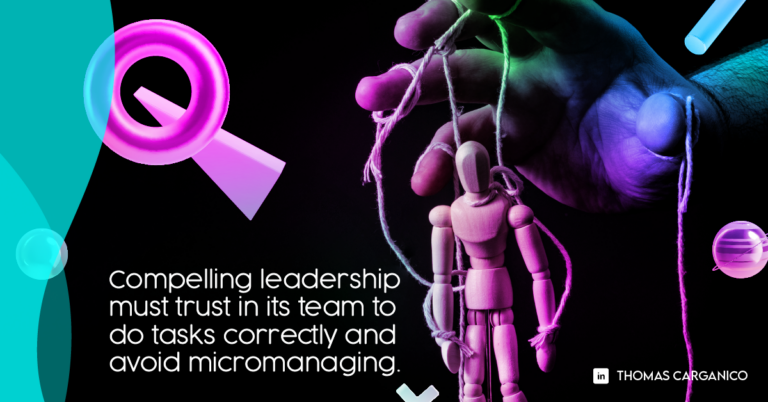
The Elusive Art of Leadership
There is a bit of a debate when it comes to deciphering how to construct an effective leader – is it something you can create, or are the elements that make up a capable commander something people are simply born with? While it is obvious that being a suitable leader comes with responsibility and required communication skills, does it also need to come with personality? Our team at PQE Group thinks so. We are comprised of a diverse global family of Life Sciences top talent that is as well-equipped with expertise as we are with personality, which may account for our continued expansion and success. Choosing the correct people to lead your team is integral to its sustainability.
Leadership is a quality that is highly valued in today’s workplace, with estimates showing the amount spent on it ranges from $14 billion to $50 billion a year in the United States alone. Despite the TED talks, self-help books, and efforts of many organizations to teach and develop leadership skills, it remains an elusive quality that is hard to master and increasingly difficult to teach. The reason for this is fairly simple: leadership comes more naturally to some than others and largely stems from innate characteristics and personality traits.
It can be challenging to “pass the ball” to others, whether in the actual sporting world or metaphorically in any office culture. Teaching leadership is not an easy feat, nor is instating the necessary trust needed to delegate tasks and projects to keep operations running smoothly and efficiently. While leadership is defined as the action of leading a group of people or an organization, there is so much more to it than that. Exceptional leadership requires a person to be able to communicate effectively and inclusively across diverse concepts and people. Leaders must be personable and willing to take into consideration team members’ experiences, visions, and feedback to cultivate the most productive work environment possible and retain the team.

While some of the mechanics of leadership can be taught, such as task management, corporate processes and policies, and the strategic approaches that can best catapult a company forward, the nuanced understanding of how to connect with people and motivate them is a much harder – and potentially impossible – aspect to teach. This is why some people are described as “natural born leaders” with incredibly hard-to-replicate skills and why others are seen as just “getting the job done” and maintaining operations without sparking much innovation.
The best leaders are ones that motivate their team to collaborate, transform, and reach new heights. A leader like this is often a bold and courageous “people-person” with an innate ability to rally others toward a common goal. If someone is shy, timid, or unable to see situations from varying perspectives or think outside the box, this can create a static atmosphere that lulls the team and enterprise into a state of stagnation. It is one thing to teach the procedures and mission of an organization, but it is an entirely different ballgame to implement it.
Compelling leadership must trust in its team to do tasks correctly and avoid micromanaging – as this can create a workplace rooted in distrust and a severe lack of team confidence. Appointing leaders who demonstrate qualities that will lead to development within the company and the individuals it is comprised of, is the best way to acquire long-term success. This can be done through extensive interviews and introductions with the current team to see how they mesh and interact, along with laying out the company’s vision, core values, expectations, and culture very clearly. Investing in leadership development and team bonding on a regular basis is also crucial to maintain a cohesive team (especially if yours is like PQE Group and spans multiple international offices) and to help people get to know and understand each other outside of the stresses of work.

Attaining exceptional leaders can be elusive but is not impossible. While leadership is a fickle concept to master, those who emanate confidence, flexibility, and problem-solving ability can position themselves and your enterprise for greatness. More so, true leaders can be excellent teachers and can influence others through words, actions, and attitudes. Although some people are quickly named “natural” leaders, do not be discouraged, as leadership can still be learned and developed through the right training and guidance. By understanding the challenges of passing the ball and the nuances of leading a team, organizations can take steps to develop their leaders and build a strong, cohesive team that can drive their business forward.

